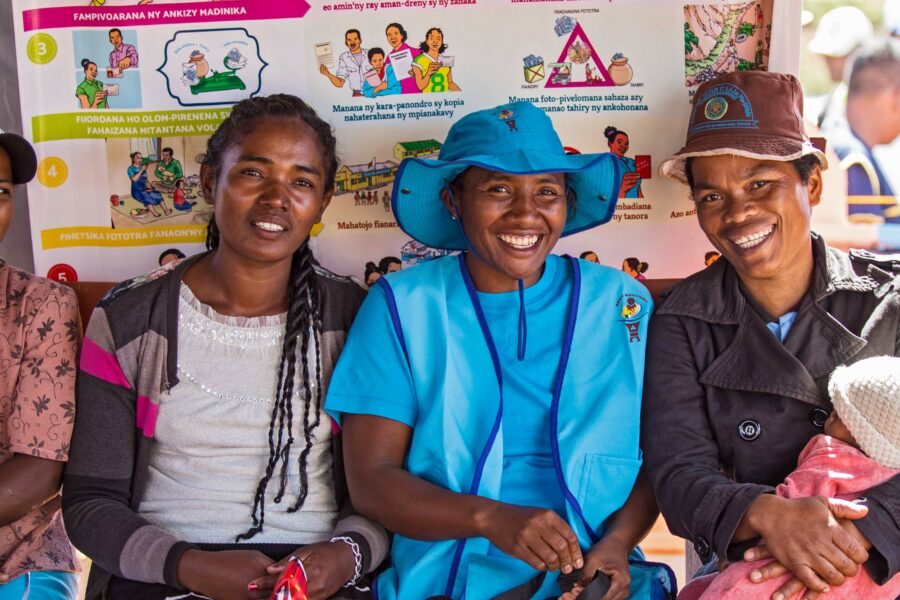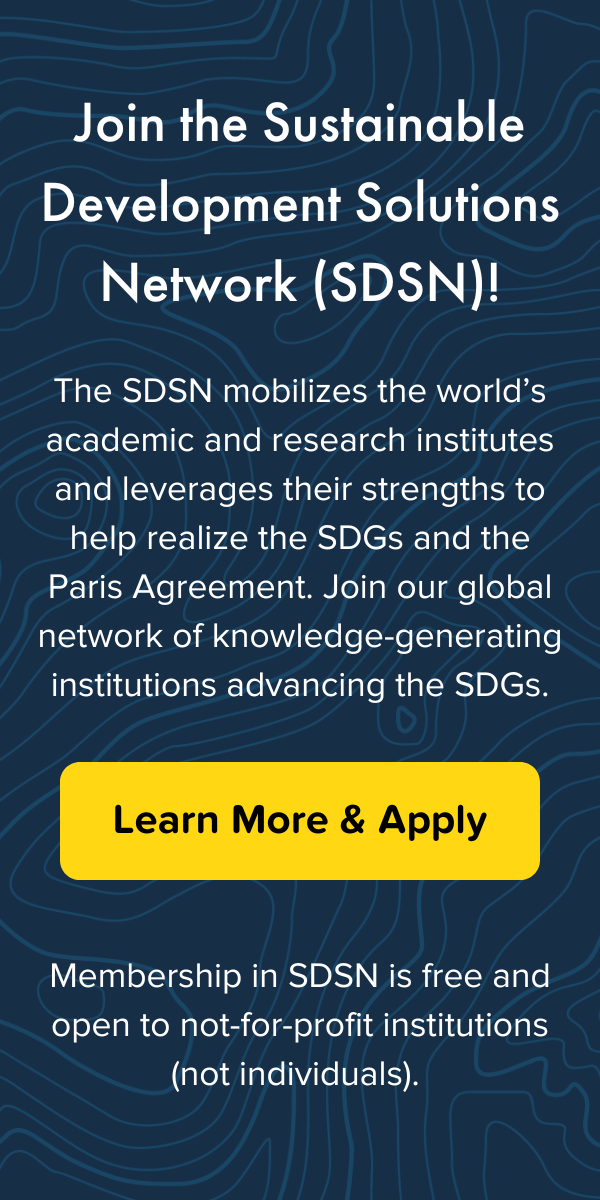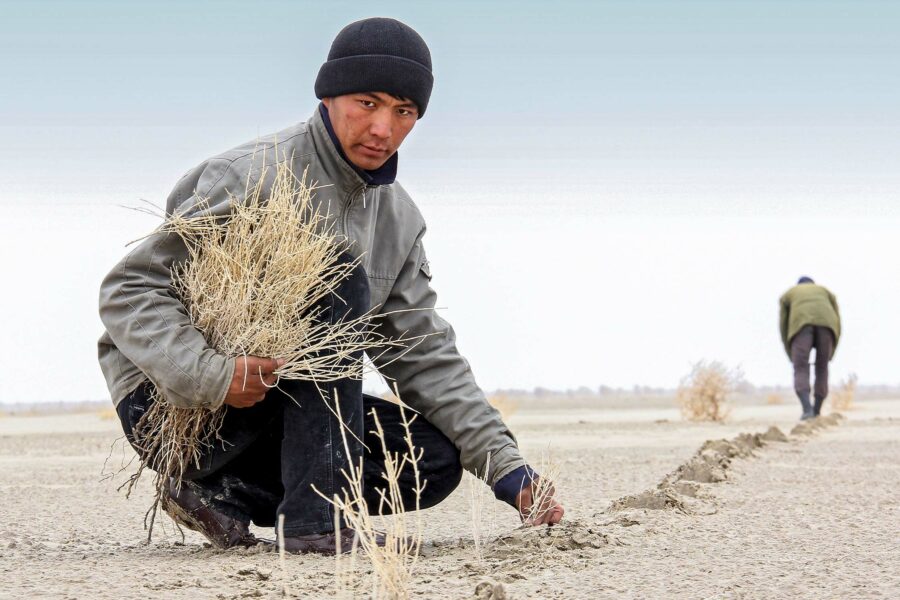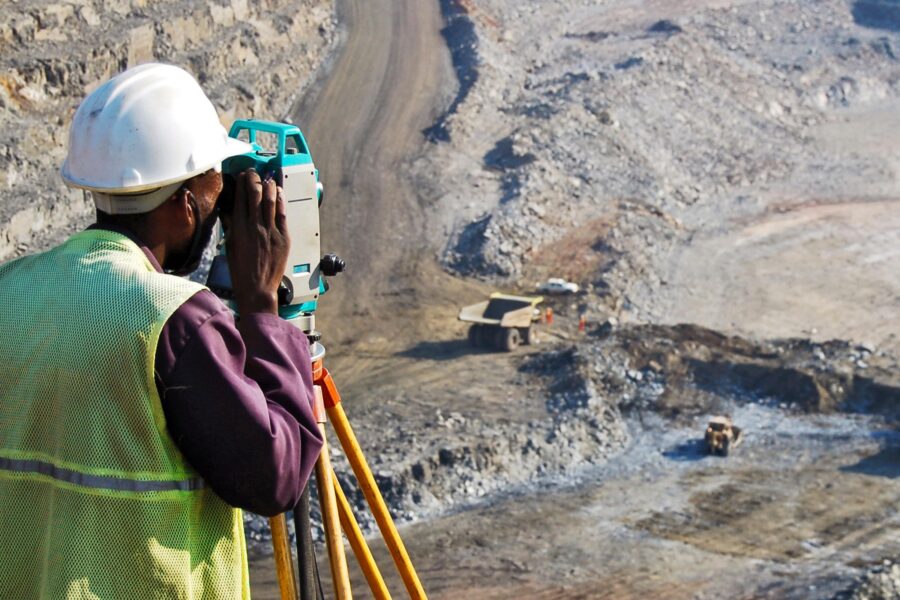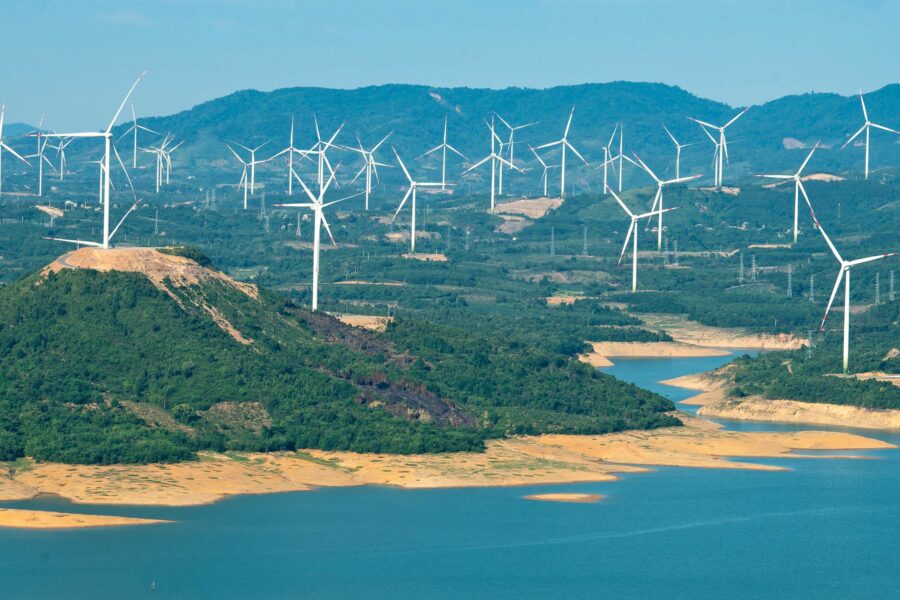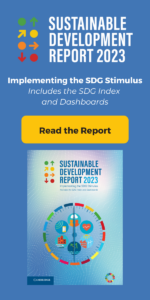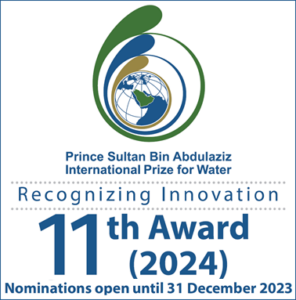Laws and treaties prohibiting gender discrimination have failed to alter the stark fact that, globally, women are still paid significantly less than men for the same work. Achieving gender equality in the workplace requires a transformation – of attitudes, economic structures, and opportunities – to enable women’s economic empowerment


